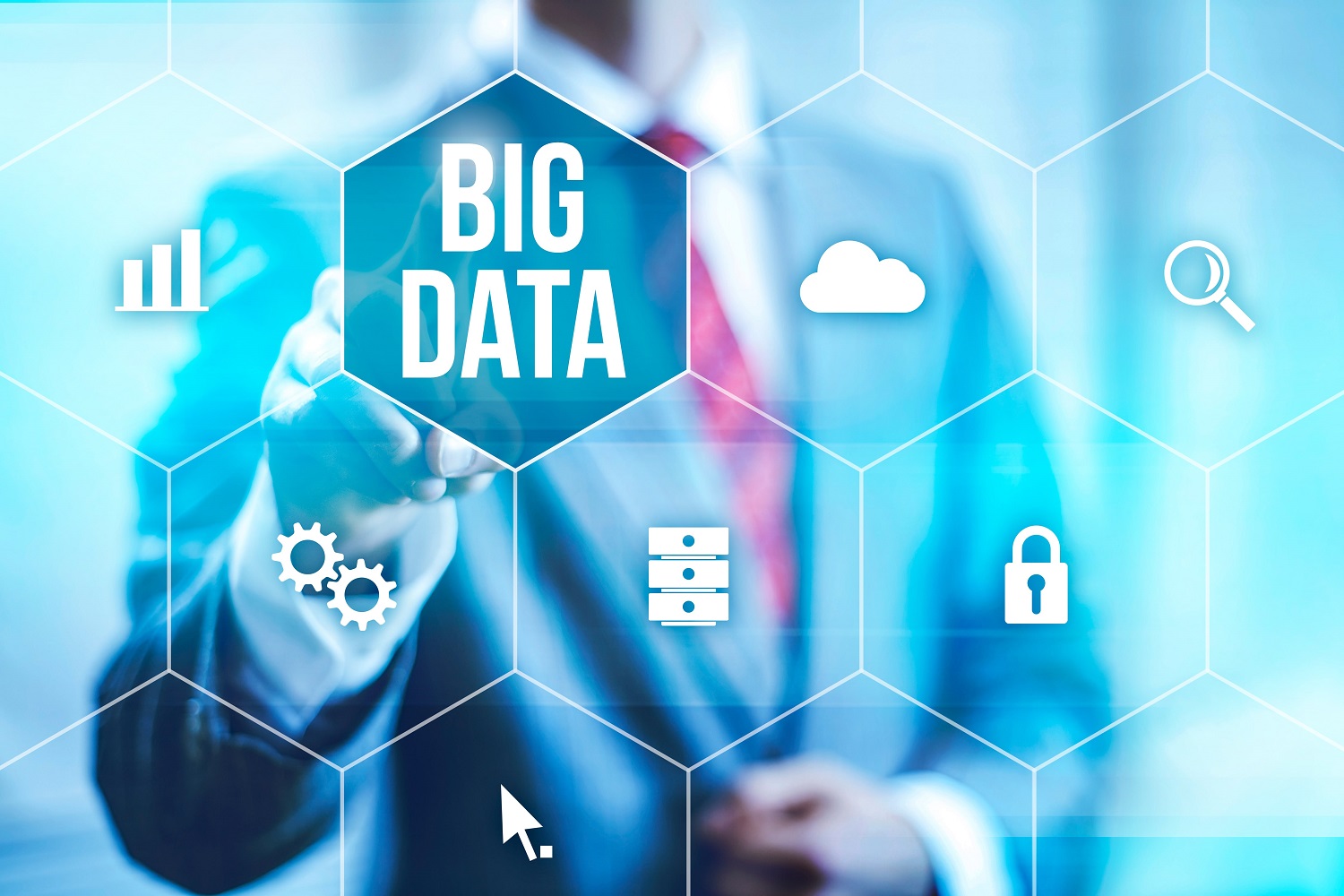When you hear the term “big data” today, some of you may immediately have an image of a computer scientist with his/her data microscope in hand, seeking to uncover the previously hidden data of all human activity over the last centuries. While this type of imagery may be amusing, the reality of what is often termed “big data” is quite different. Today’s definition of big data is much more inclusive, and while computer scientists still may be at the forefront of advancing the science of big data, others within the industry are recognizing the value of potential applications for business in areas beyond computing. Why is it important? Because the way we analyze, interpret, and facilitate data has an impact on everything from strategic decision-making to product innovation and financial decision-making.
The term big data is de facto being used to describe unstructured data, or big data sets, including streaming and graph databases. However, unstructured data as such is typically meaningless, because all it is, is volume, which is not actionable information. What truly matters is meaningful, actionable data, which can be collected, analyzed, and used in ways that yield results. Big data is now permeating every part of our society and even more so in the business realm where the term has become synonymous with “game-changing”.

The Big Data Revolution
Big Data is revolutionizing the way we live, work and interact with one another. It’s changing the world as we know it and how we do business. The information that big data provides allows for more accurate forecasting of customer needs, marketing tactics, and resource allocation decisions in a variety of industries. Big data has also been used to help identify patterns in criminal activity.
Forecasting models are improved by big data, allowing businesses to make plans that account for future customer behavior and demands. Big data also allows for more efficient marketing and advertising campaigns. It is able to provide marketers with information about the demographics of their customers as well as past purchasing behavior which can be used to create targeted advertisements and promotions that are likely to appeal to a certain group or demographic.
The Current Scenario
What is especially interesting about this discussion is the fact that much of the current analytical effort in this area is being outsourced to machine learning experts who have experience in the field of big data analytics, and what it means to the customer. Machine-learning experts who specialize in these areas have begun to develop sophisticated software tools that allow businesses and organizations to easily and rapidly analyze huge amounts of structured data.
The value of big data analytics is evident in the fact that it is allowing many companies to realize tremendous competitive advantages. Companies can leverage their collective analytic insights to provide customers with richer more personalized experiences. They can also use these insights to serve their customers more effectively and by providing them with more options.

